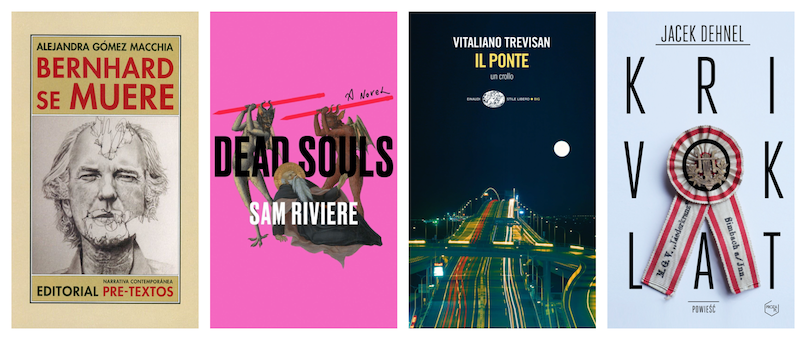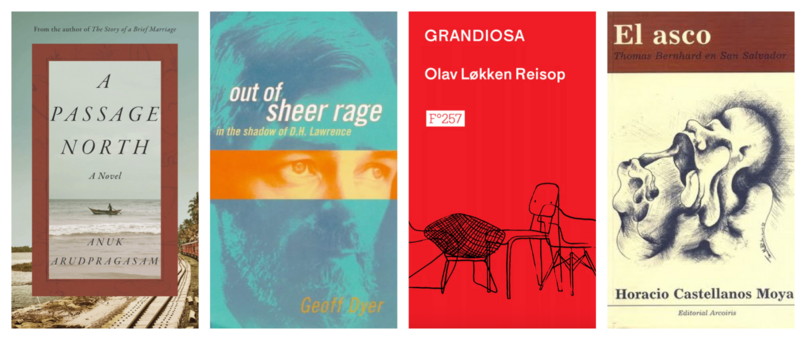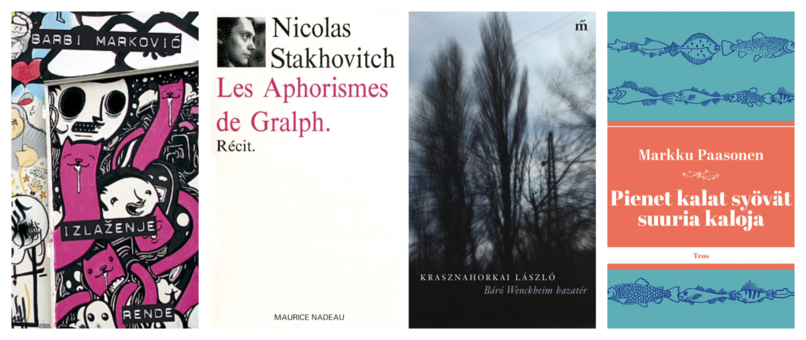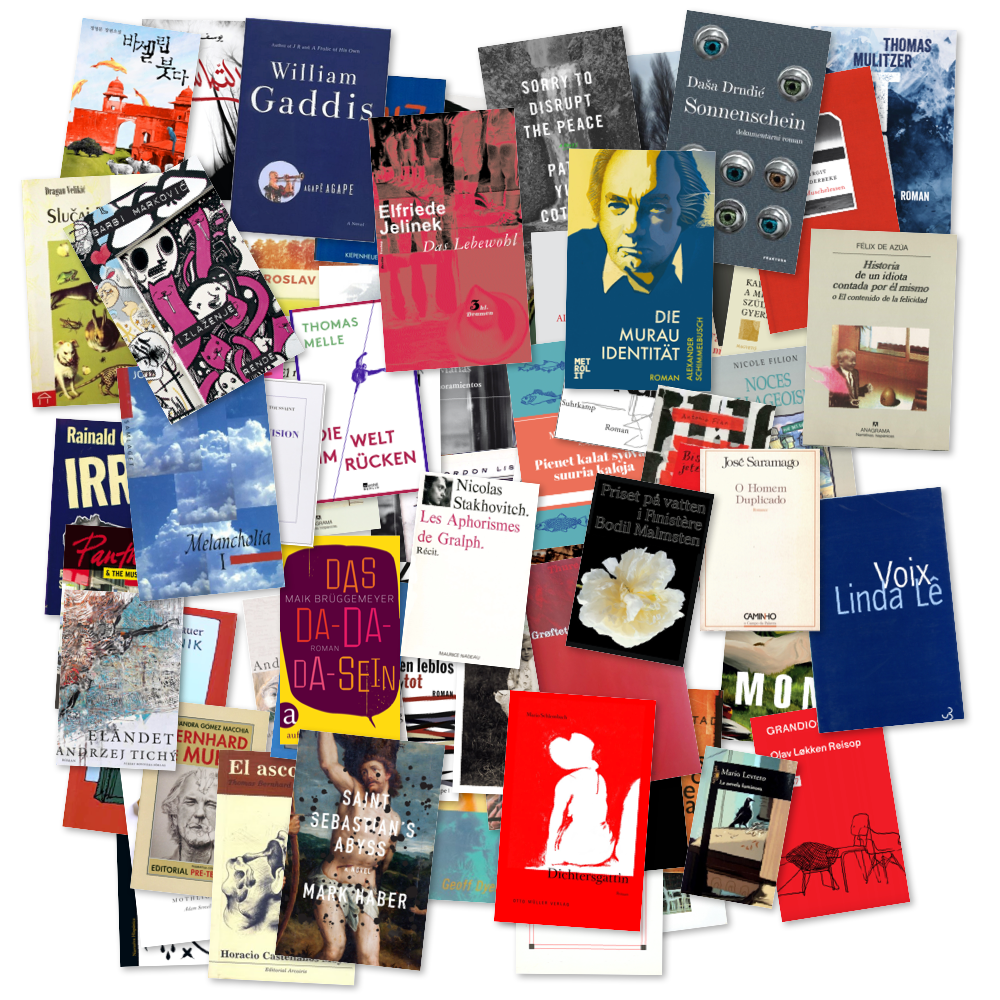Thomas Bernhard’s International Resonance
Writing »world literature« (W22.2: 525) had an unexpected side effect for Thomas Bernhard: his works began to resonate in the texts of readers who were themselves writers. »So many books I open prove to me just how many writers have read my prose. I’m constantly faced with grandchildren, and grandchildren’s grandchildren, of my characters. Influence is ultimately something terrible.« (Bernhard/Unseld 2009: 352) Several of the addressed authors feel the same way, grappling with the challenge of remaining true to their own voices after being exposed to Bernhard’s inescapable style. The pull of his prose has been described as a curse (see Cyril Huot), an addiction (see Alois Brandstetter), and a virus (see Giuseppe Culicchia), even a calamity (see Werner Kofler). Yet others have embraced it as a license to dare (see S. J. Naudé), a kind of revitalization (see Siri Hustvedt), and as a source of energy (see Jonathan Lethem).
Bernhard’s imitability is infamous… and it’s become a truism for all of us writing in his shadow that we have to shield ourselves against his influence: close the books, walk away. But I find that I can’t really close the books, and I don’t want to.
Adam Ehrlich Sachs, Los Angeles Review of Books, July 24, 2019.
What formal, thematic, and stylistic elements account for Bernhard’s powerful literary impact? How do these elements manifest across the more than forty languages into which arguably the most stylistically influential German-language author since 1945 (see Mittermayer 2007: 159) has been translated? How have writers from different cultures commented on or appropriated Bernhard's signature traits over the decades? In what way have younger authors used his stylistic legacy as a »springboard for their own storytelling« (Betz 2003: 72)? And how do they navigate the tension between autonomy, imitation, and transformation?
›Global Bernhard‹ is the first project to systematically map and contextualize international responses to the work of Thomas Bernhard, offering digital access through translations, essays, and bio-bibliographical detail. More than 200 author entries showcase the broad spectrum of creative engagement—from subtle allusions and direct quotations to Bernhard-like characters, full-blown pastiches, and modernized adaptations.
The project invites readers to discover new literary voices from around the world, with a particular focus on 21st-century texts not yet translated into German, including works by Kari Hukkila (Finland), Youssef Rakha (Egypt), Jacek Dehnel (Poland), and Jen Craig (Australia). Lesser-known examples from the late 20th century—such as Vitaliano Trevisan (Italy) and Nicole Filion (Canada)—appear alongside frequently cited Bernhard-influenced writers like Imre Kertésc (Hungary) and Horacio Castellanos Moya (El Salvador).
Organized by country, the entries span a wide variety of genres, with a primary focus on prose—from absurdist short stories (Agustina Bazterrica) and horror tales (Thomas Ligotti) to epistolary novels (Gemma Salem) and fictional medical reports (Susan Sontag). The selection also includes drama and poetry, with examples ranging from mini-plays about shopping for trousers (Benjamin von Stuckrad-Barre) to existential verse (Israël Eliraz). In addition, the site features interviews and non-literary reflections on Bernhard by authors such as Italo Calvino, Lucy Ellmann, Orhan Pamuk, and Karl Ove Knausgård.
Since 2022, with contribution from students of Comparative Literature, this growing digital archive has offered a unique glimpse into Bernhard's global literary afterlife—tracing both enduring continuities and emerging trends in how his work is rad, reinterpreted, and reimagined across languages, cultures, and generations. more
Juliane Werner









